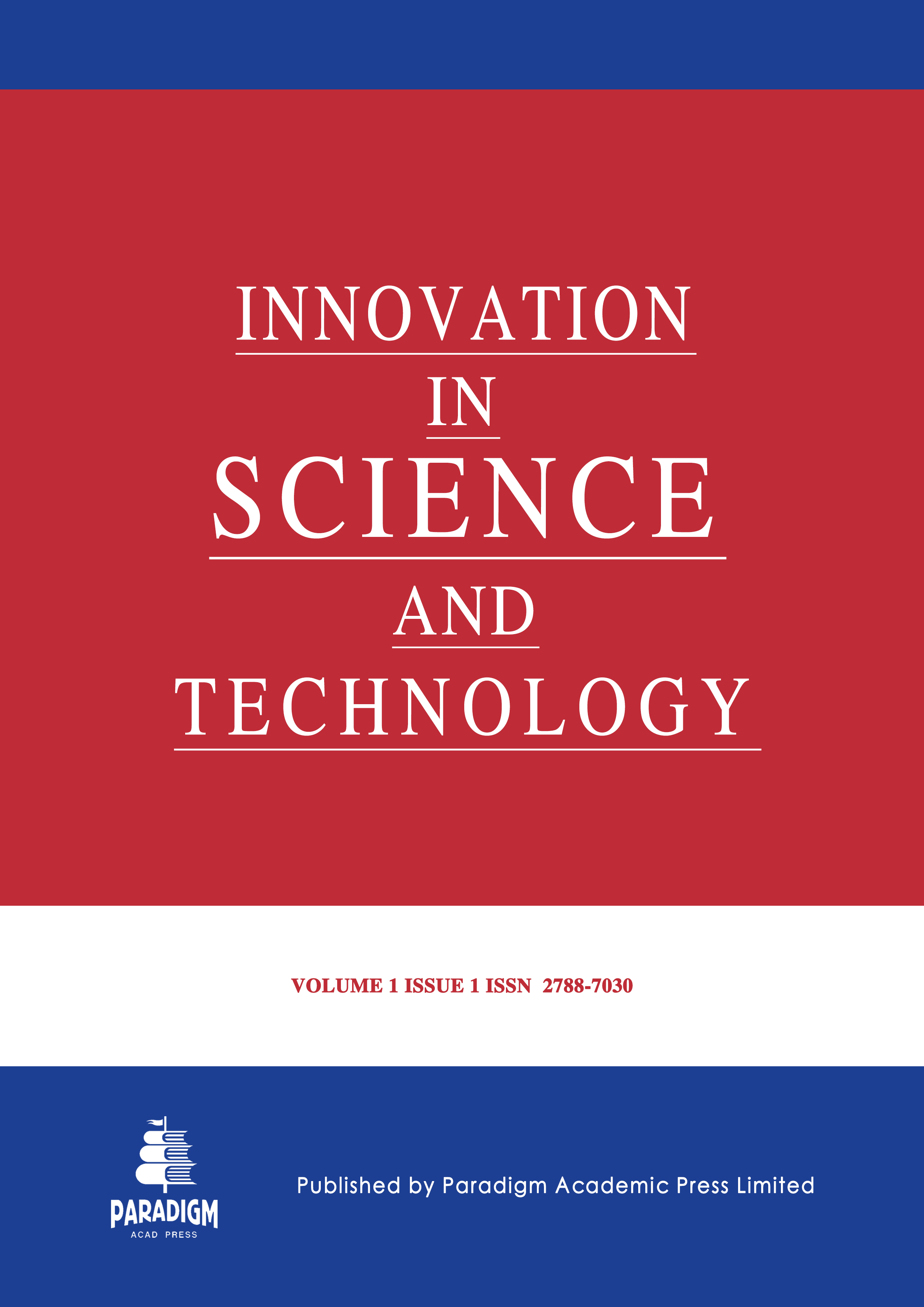Protective and Curative Effect of Clove Isolates on Trichloroacetic Acid-Induced Sperm-Endocrine Deficit, Redox Imbalance and Histomorphology in Adult Rat
DOI:
https://doi.org/10.63593/IST.2788-7030.2025.08.007Keywords:
environmental pollutants, Trichloroacetic Acid (TCA), male reproductive health, sperm-endocrine deficits, redox imbalances, histomorphological alterations, protective effects, curative effects, clove isolates, Eugenol, TCA-induced reproductive toxicityAbstract
Environmental pollutants, such as Trichloroacetic Acid (TCA), have been implicated in compromising male reproductive health by inducing sperm-endocrine deficits, redox imbalances, and histomorphological alterations. This research investigates the protective and curative effects of clove isolates, particularly Eugenol, on TCA-induced reproductive toxicity in adult male rats. The study employs various parameters, including body and testes weight, reproductive hormone levels, oxidative stress markers, sperm analysis, and histological profiles. Sixty adult male Wistar rats were divided into ten groups, with treatments involving TCA, Eugenol Isolates from Clove (EIC), and combinations of both. The results indicate significant changes in body weight and testes weight, with TCA-treated groups showing pronounced effects. EIC supplementation, however, mitigated these changes, emphasizing the potential protective role of clove isolates. Reproductive hormone analysis revealed a decrease in testosterone levels induced by TCA, while EIC treatment demonstrated a capacity to elevate testosterone levels. The interaction of Eugenol with luteinizing hormone (LH) underscored the complexity of hormonal effects, with dose-independent impacts requiring further exploration. Oxidative stress marker analysis demonstrated TCA-induced alterations, while EIC treatment exhibited synergistic effects, particularly in reducing oxidative stress. Sperm analysis revealed TCA-induced adverse effects, which were mitigated by EIC, suggesting a potential role in preserving reproductive health. Histological examination delineated distinct profiles, with EIC showing potential therapeutic benefits. The study concludes that Eugenol from clove isolates may have protective and curative effects against TCA-induced reproductive deficits, redox imbalance, and histomorphological abnormalities. These findings contribute valuable insights into the potential applications of clove isolates in mitigating the detrimental effects of environmental toxins on male reproductive health. Further investigations are warranted to elucidate underlying mechanisms and optimize the therapeutic potential of Eugenol in safeguarding male reproductive function.


